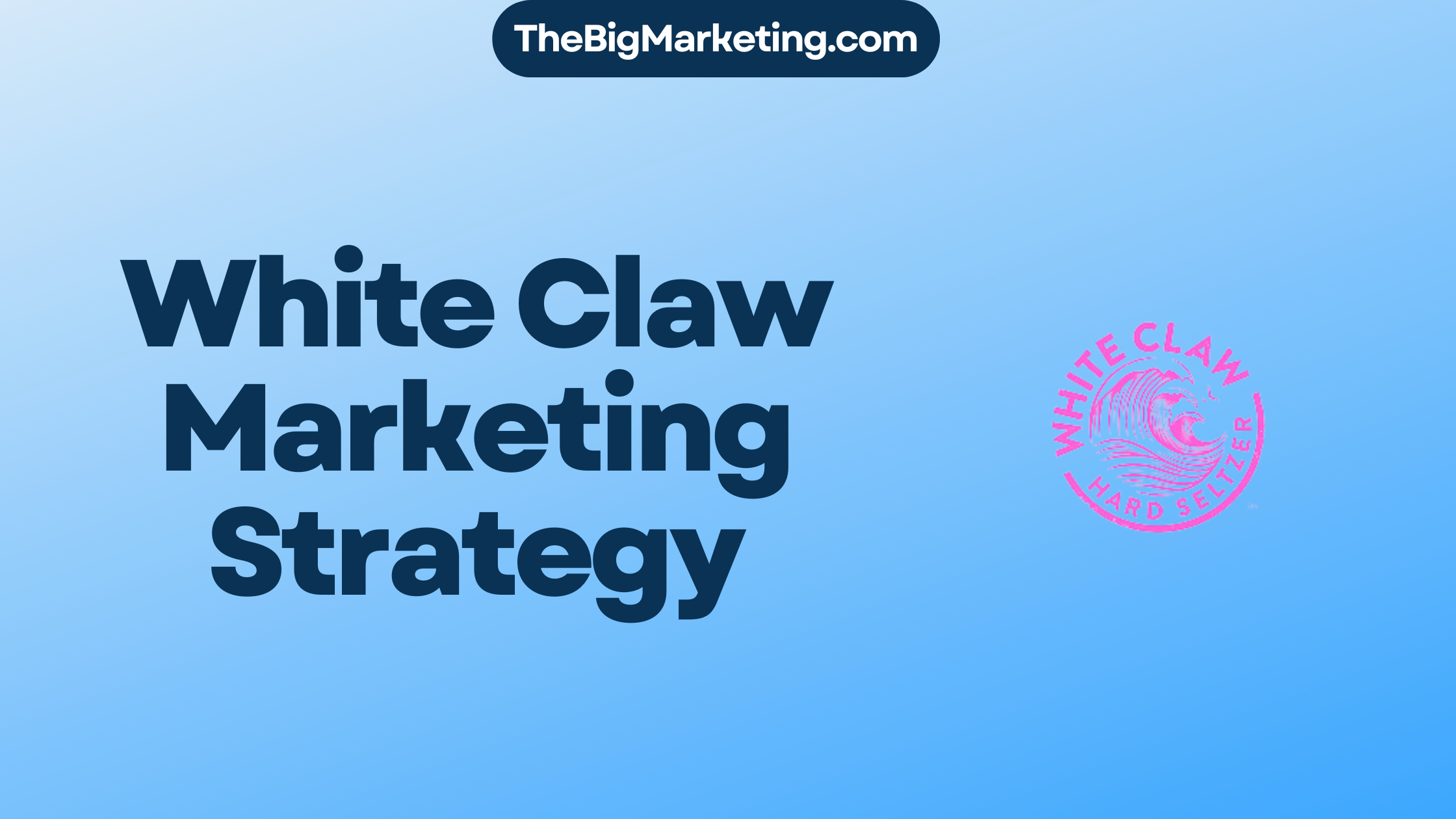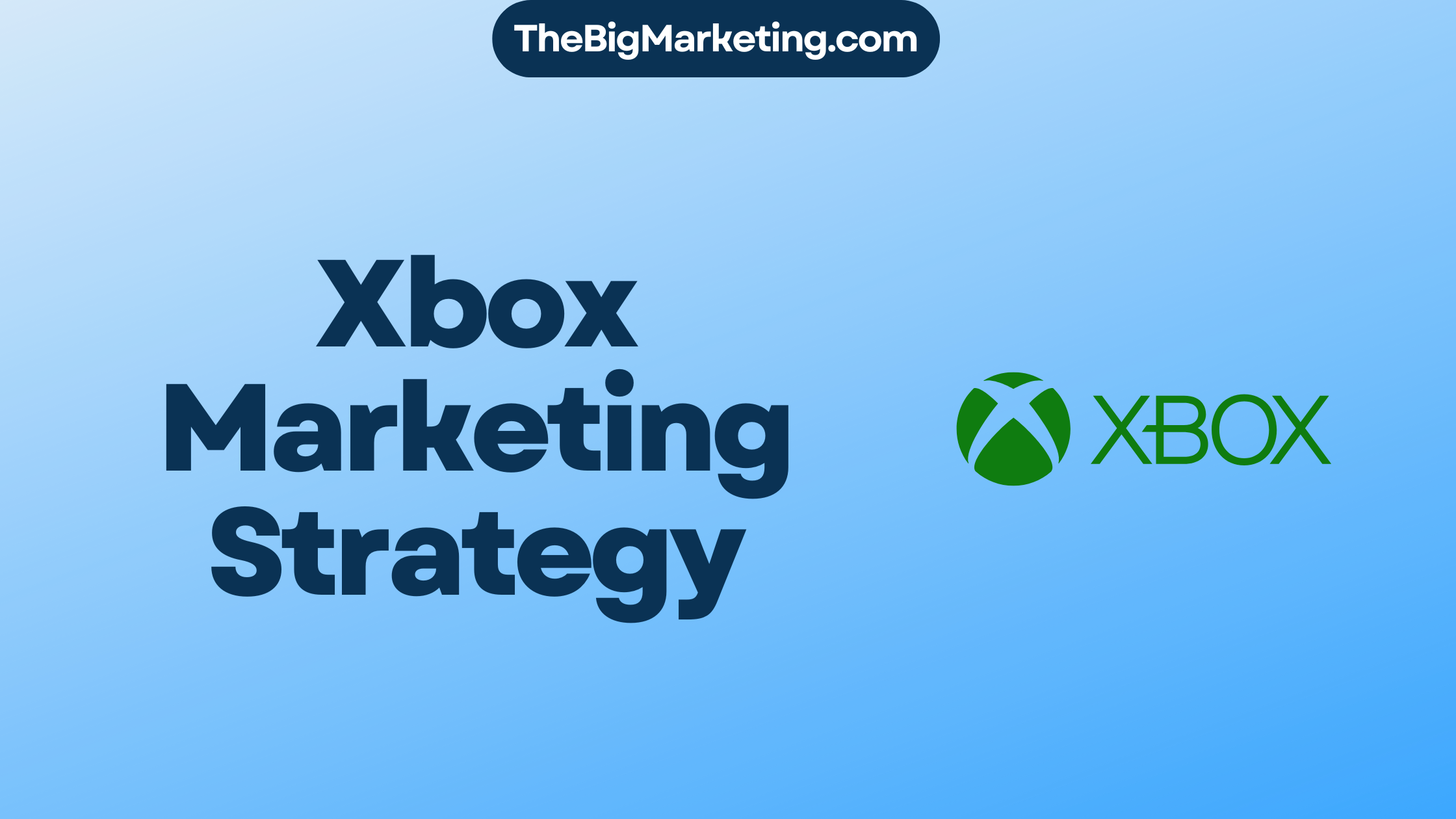Dunkin’ Donuts, one of the largest coffee and donut shop chains globally, has mastered the art of marketing. In this case study, we will delve into Dunkin’ Donuts’ marketing strategy, exploring their digital marketing efforts, advertising campaigns, brand promotion, market segmentation, target audience, competitive analysis, social media marketing, and customer engagement.
With approximately 13,500 stores across 42 countries, Dunkin’ Donuts has won the hearts of customers with its irresistible range of doughnuts, freshly brewed coffee, and delicious baked goods. But what sets them apart is their innovative marketing strategy that keeps customers coming back for more.
Let’s take a closer look at Dunkin’ Donuts’ winning marketing playbook, which includes a comprehensive digital marketing plan, captivating advertising campaigns, effective brand promotion, strategic market segmentation, insightful competitive analysis, engaging social media marketing, and a strong focus on customer engagement.
Key Takeaways:
- Dunkin’ Donuts’ marketing strategy encompasses digital marketing, advertising campaigns, brand promotion, market segmentation, competitive analysis, social media marketing, and customer engagement.
- They have a strong global presence with 13,500 stores across 42 countries, offering a wide range of coffee, doughnuts, and baked goods.
- Dunkin’ Donuts segments its market based on demographics, targeting students, workers, children, and families.
- The company leverages powerful marketing campaigns to promote its brand and products, collaborating with influencers and running promotions on special occasions.
- They have a robust social media presence and implement effective SEO strategies, driving online visibility and organic traffic.
Overview of Dunkin’ Donuts
Dunkin’ Donuts is a renowned coffee shop chain and donut shop chain that has successfully established itself as a leading franchise in the quick-service restaurant industry. Since its inception in 1950, Dunkin’ has expanded its presence globally, operating in 42 countries with a staggering number of over 13,500 stores. The brand has won the hearts of customers worldwide with its diverse offerings of freshly brewed coffee, delectable donuts, mouthwatering bagels, scrumptious muffins, and more.
Segmentation, Targeting, and Positioning
Dunkin’ Donuts implements a comprehensive market segmentation strategy to effectively reach its target audience. By dividing its market based on demographics, Dunkin’ targets specific customer segments such as students, workers, children, and families. Through this approach, Dunkin’ Donuts identifies its primary target customers as children, students, and workers.
To cater to these audience segments, Dunkin’ Donuts tailors its advertising campaigns and product offerings to meet their unique needs and preferences. By doing so, Dunkin’ ensures that it provides the best experience and value to its target customers.
As Dunkin’ Donuts continues to expand globally, it maintains its focus on these target audience segments. By prioritizing the satisfaction and engagement of its primary target customers, Dunkin’ Donuts aims to establish a strong foothold in the market and retain its position as a leader in the coffee and donut industry.
Market Segmentation Strategy
Below is a table outlining Dunkin’ Donuts’ market segmentation strategy:
| Segment | Description | Target Audience |
|---|---|---|
| Students | Young adults pursuing education | College students |
| Workers | Professionals and employees | Office workers, commuters |
| Children | Youth below the age of 18 | Children, teenagers |
| Families | Households with multiple members | Parents with children |
Dunkin’ recognizes the distinct needs and preferences of each segment and develops marketing strategies to engage and attract these specific target audiences.
Marketing Campaigns
Dunkin’ Donuts consistently rolls out impactful marketing campaigns to enhance brand recognition and promote their wide range of delectable products.
One of their highly successful campaigns involved a collaboration with Collab, a renowned digital talent network and entertainment studio. Through a national Snapchat campaign, Dunkin’ offered a complimentary donut with the purchase of any beverage. This clever promotion not only resulted in a surge of followers on National Donut Day but also generated substantial engagement on Snapchat.
The company also leverages special occasions like Valentine’s Day and Mother’s Day to entice customers with irresistible discounts and enticing promotions. These limited-time offers create a sense of urgency and excitement, encouraging consumers to visit their local Dunkin’ Donuts and indulge in their favorite treats.
To amplify the impact of their marketing efforts, Dunkin’ actively utilizes their social media channels. Through strategic and captivating content, they effectively communicate their campaigns, driving customer engagement and brand loyalty.
The Power of Collaborations
Collaborating with notable influencers is another powerful strategy employed by Dunkin’ Donuts. By partnering with popular personalities, the brand extends its reach and taps into diverse customer segments. An example of this successful influencer marketing initiative was their collaboration with TikTok sensation Charli D’Amelio. This partnership resulted in the creation of signature drinks and engaging content that generated significant buzz and translated into increased sales for Dunkin’.
By continuously innovating their marketing campaigns, Dunkin’ Donuts maintains its status as a beloved brand while attracting new customers and keeping loyal fans craving for more.
Social Media Marketing
Dunkin’ Donuts understands the power of social media marketing in today’s digital age. With a strong presence on popular platforms like Instagram, Twitter, Facebook, LinkedIn, and TikTok, Dunkin’ utilizes these channels to connect with their audience and promote their products.
On Instagram alone, Dunkin’ boasts a massive following of over 2.2 million users, while on Twitter, they engage with 1.2 million followers. Through these platforms, Dunkin’ Donuts goes beyond traditional advertising methods, leveraging the power of social media to create captivating content that attracts and engages their customers.
By strategically using social media, Dunkin’ not only promotes their products and makes exciting announcements but also runs advertisements that resonate with their target audience. They understand the importance of engaging with their followers, creating a sense of community and loyalty.
Through their social media marketing approach, Dunkin’ Donuts aims to create content that not only captivates but also drives customer engagement. By utilizing visually appealing graphics, mouthwatering food photography, and engaging videos, they keep their audience informed and excited about their brand.
Whether it’s showcasing their latest seasonal offerings, collaborating with influencers, or running interactive campaigns, Dunkin’ knows how to create buzz on social media platforms. Their social media marketing efforts have contributed significantly to their brand recognition and customer engagement.
Next, we will explore the SEO strategies employed by Dunkin’ Donuts and how they have achieved a strong online presence.
SEO Strategies
Dunkin’ Donuts has leveraged effective SEO strategies to enhance their online visibility and drive organic traffic. By implementing these strategies, Dunkin’ has achieved a strong presence in Google’s organic search results, leading to valuable insights and driving brand growth.
With over 248,307 keywords associated with their website, Dunkin’ has positioned itself as a top contender in the competitive landscape. Their commitment to SEO optimization has resulted in an impressive monthly traffic of over 11 million visitors, further solidifying their online dominance.
One of the key factors contributing to Dunkin’ Donuts’ SEO success is their focus on relevant and strategic keyword targeting. By conducting thorough keyword research and analysis, Dunkin’ has optimized their website content to align with user search queries, ensuring their visibility in search engine results pages (SERPs). This targeted approach has not only improved their rankings but also increased their organic traffic.
In addition to keyword targeting, Dunkin’ has prioritized on-page and technical SEO optimizations. They have ensured that their website is well-structured, easily navigable, and responsive across different devices. By enhancing their website’s user experience and technical performance, Dunkin’ has provided visitors with a seamless browsing experience, leading to increased engagement and customer satisfaction.
Dunkin’ Donuts also places a strong emphasis on local SEO strategies to attract customers to their physical store locations. They have optimized their online presence by claiming and updating their Google My Business listings, ensuring accurate and consistent information across various directories and review platforms. This localized approach allows Dunkin’ to target customers searching for their nearest store, increasing footfall and driving offline conversions.
Summary:
- Effective SEO strategies have contributed to Dunkin’ Donuts’ online visibility and organic traffic.
- Keyword targeting and optimization have played a vital role in improving rankings and driving traffic.
- On-page and technical SEO optimizations have enhanced user experience and website performance.
- Local SEO strategies have increased footfall and offline conversions.
Influencer Marketing
Dunkin’ has harnessed the power of influencer marketing by collaborating with popular TikTok influencers. One such partnership involved working with renowned TikTok creator Charli D’Amelio. Together, they created signature drinks and engaging content to captivate their target audience.
This influencer marketing campaign generated significant buzz and excitement, resulting in a substantial increase in sales for Dunkin. By leveraging the massive reach and influence of social media influencers, Dunkin’ successfully expanded its customer base and strengthened its brand presence.
The collaboration with Charli D’Amelio and other TikTok influencers allowed Dunkin’ to tap into a younger demographic that is highly active on social media platforms. By associating their brand with these influencers, Dunkin’ gained credibility and relevance among their target audience, driving increased engagement and loyalty.
E-commerce Strategy
Dunkin’ Donuts has recognized the importance of e-commerce in enhancing customer convenience and expanding their reach. Through their effective e-commerce strategy, customers can now easily order and pay for their favorite Dunkin’ products online.
One of the key features of Dunkin’s e-commerce strategy is their user-friendly website. With a clean and intuitive interface, customers can effortlessly navigate through the website to explore Dunkin’s extensive range of offerings. Whether it’s a freshly brewed cup of coffee or a delicious donut, customers can conveniently place their orders and customize their preferences.
Furthermore, Dunkin’ ensures a seamless online experience with quick loading times for their website. This allows customers to browse through the menu seamlessly, adding items to their cart without any delays or frustrations. The responsive design of the website ensures that it can be accessed on different devices, providing a consistent experience for customers.
Engaging content is another element that sets Dunkin’ apart in their e-commerce strategy. The website features captivating visuals and enticing descriptions of their products, making the online ordering experience even more tempting. By showcasing their offerings in an appealing manner, Dunkin’ aims to create excitement and anticipation for their customers.
Recognizing the importance of mobile devices in today’s fast-paced world, Dunkin’ also offers dedicated mobile apps for different countries. These apps enable users to conveniently order their favorite Dunkin’ products on the go and pick them up from the nearest store. With a seamless integration of their e-commerce platform and mobile apps, Dunkin’ ensures that customers can enjoy their favorite treats with utmost convenience.
By prioritizing e-commerce, Dunkin’ Donuts has shown their commitment to serving their customers in the most convenient way possible. Through user-friendly interfaces, quick loading times, engaging content, and dedicated mobile apps, Dunkin’ continues to enhance the online ordering experience and cater to the evolving needs of their customers.
Conclusion
The marketing strategy of Dunkin’ Donuts has been a key driver of its success as a global coffee and donut chain. By employing various marketing tactics, Dunkin’ has effectively engaged its customers, strengthened its brand, and gained a competitive advantage in the industry.
Through meticulous market segmentation, Dunkin’ has identified and targeted different customer groups, catering to their unique preferences and needs. This targeted approach has allowed Dunkin’ to deliver tailored experiences that resonate with its diverse customer base.
Additionally, Dunkin’ has leveraged innovative advertising campaigns, robust social media marketing, and influencer collaborations to increase brand visibility and create a strong digital presence. By tapping into popular platforms and collaborating with influential personalities, Dunkin’ has successfully reached and engaged its target audience.
Furthermore, Dunkin’ has embraced e-commerce strategies, offering customers a seamless online ordering experience through user-friendly interfaces and dedicated mobile apps. This focus on convenience and accessibility has enhanced customer satisfaction and expanded Dunkin’s reach beyond physical stores.
In conclusion, Dunkin’ Donuts’ marketing strategy, characterized by market segmentation, targeted campaigns, social media marketing, influencer collaborations, and e-commerce initiatives, has propelled the brand to new heights. By continuously refining and innovating their marketing efforts, Dunkin’ will remain a potent force in the coffee and donut industry, delighting customers and driving business growth.
FAQ
What is Dunkin’ Donuts?
Dunkin’ Donuts is one of the largest coffee and donut shop chains in the world, known for its range of doughnuts, freshly brewed coffee, and baked goods.
How many stores does Dunkin’ have?
Dunkin’ has approximately 13,500 stores across 42 countries.
What is Dunkin’s target audience?
Dunkin’ targets students, workers, children, and families as its primary customer segments.
What marketing campaigns does Dunkin’ run?
Dunkin’ runs various marketing campaigns, partnering with Collab for a national Snapchat campaign and conducting campaigns on special occasions like Valentine’s Day and Mother’s Day.
How does Dunkin’ engage with customers on social media?
Dunkin’ actively uses social media platforms like Instagram, Twitter, Facebook, LinkedIn, and TikTok to promote products, make announcements, run advertisements, and engage with their audience.
What SEO strategies does Dunkin’ implement?
Dunkin’ has implemented effective SEO strategies to increase online visibility and organic traffic, achieving a strong presence in Google’s search results.
How does Dunkin’ leverage influencer marketing?
Dunkin’ collaborates with popular TikTok influencers, such as Charli D’Amelio, to create signature drinks and engaging content, generating buzz and increased sales.
Does Dunkin’ have an e-commerce strategy?
Yes, Dunkin’ has developed an effective e-commerce strategy, allowing customers to order and pay for products online through user-friendly websites and dedicated mobile apps.
What is the overall impact of Dunkin’s marketing strategy?
Dunkin’s marketing strategy has played a significant role in their success as a global coffee and donut shop chain, helping them engage and delight customers and gain a competitive edge in the industry.







